Language
WORLDWIDE SHIPPING
Professional Pressure Food Sprayer
€59.48
€48.75
Availability:
In stock
The HENDI Pressure Food Sprayer is the ideal ally for uniform spraying of food products under pressure. Perfect for oils, egg whites, yolks and food flavourings, this sprayer guarantees professional results in the kitchen.
Advantages:
- Uniform Spraying: It delivers a perfect layer of product, ideal for greasing baking moulds, applying additives and flavourings, or wetting bread dough.
- Safe Design: Highly leak-proof, its wide bottom guarantees stability during use.
- Adjustable Nozzle: Equipped with a nozzle that can be positioned at 360°, it allows you to customize the direction of the spray.
- Resistant Material: Made of high-quality HDPE polymer, resistant and durable.
- Ease of Use: It does not require heavy appliances, making it practical and easy to handle in the kitchen.
- Silicone Gaskets: Designed to not require greasing, they ensure a long life.
- Suction Filter: The suction tube is equipped with a filter to prevent obstruction, ensuring smooth operation at all times.
- Measurement Scale: Allows easy control of the liquid level, for optimal management of your ingredients.
- Safety Vent: Protects from the lid that sucks, ensuring safe and trouble-free use.
Product size: 140x220x(h)330 mm
Useful volume: 1.5 L
Pressure: 2.2 bar.
Weight: 0.59 kg.
Not suitable for dishwashers.
Suitable for food contact.
FAQs

 IT
IT FR
FR
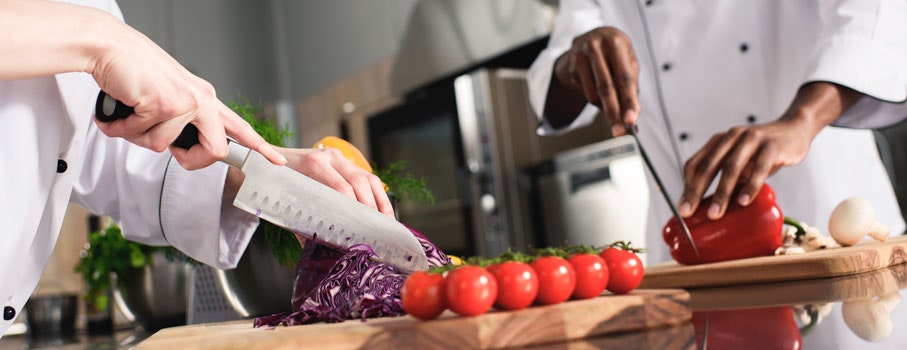
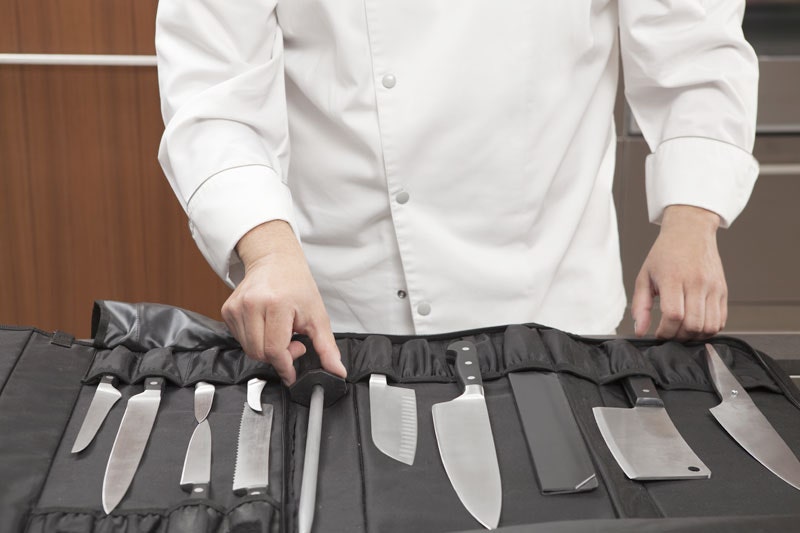
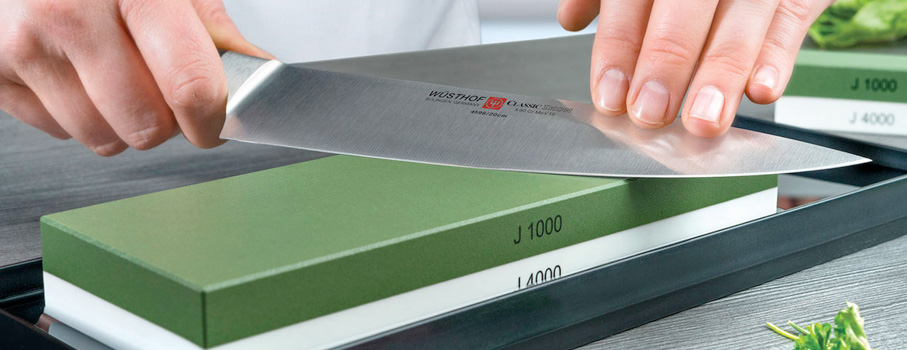
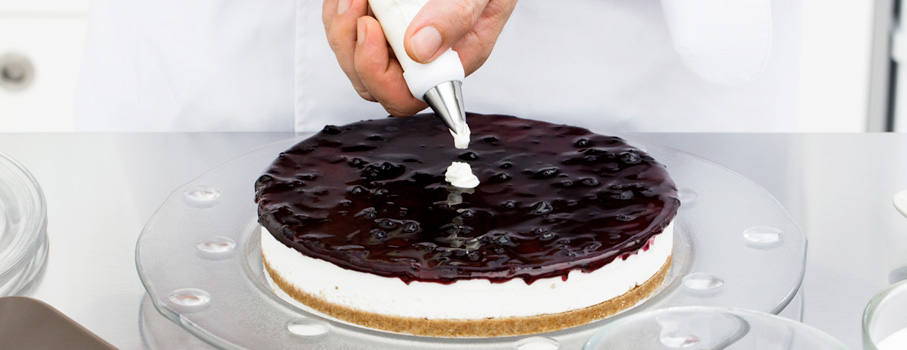

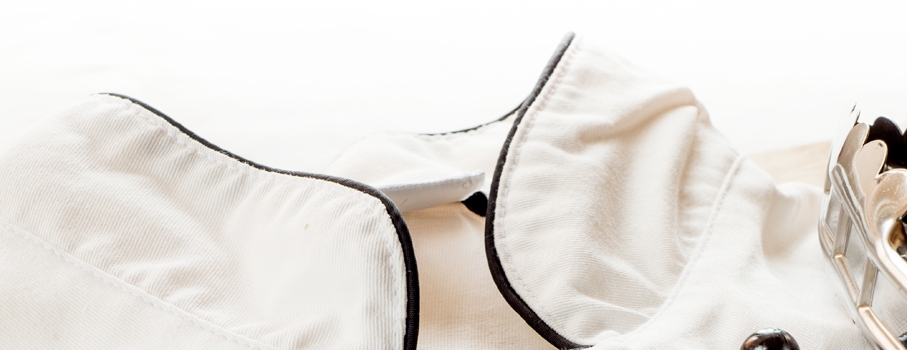
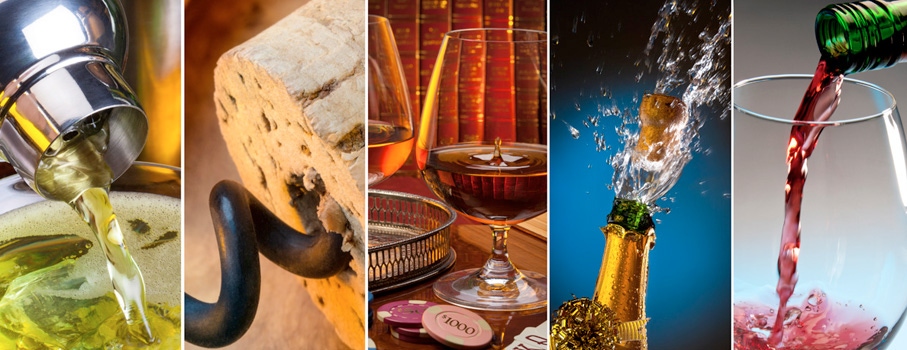
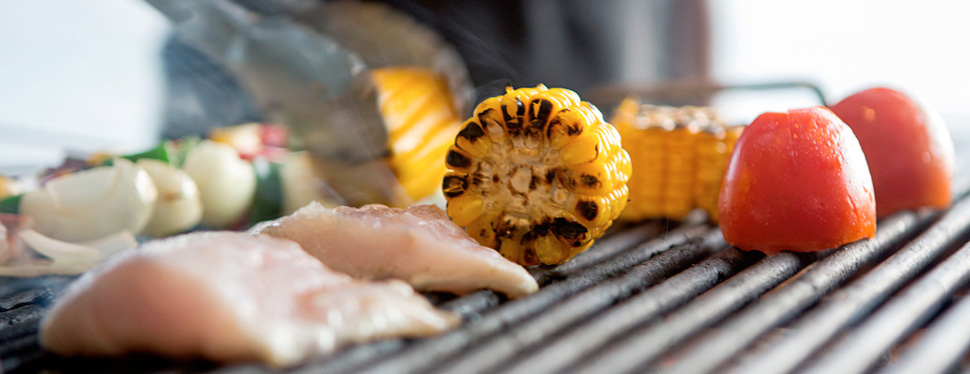

 IT
IT FR
FR
